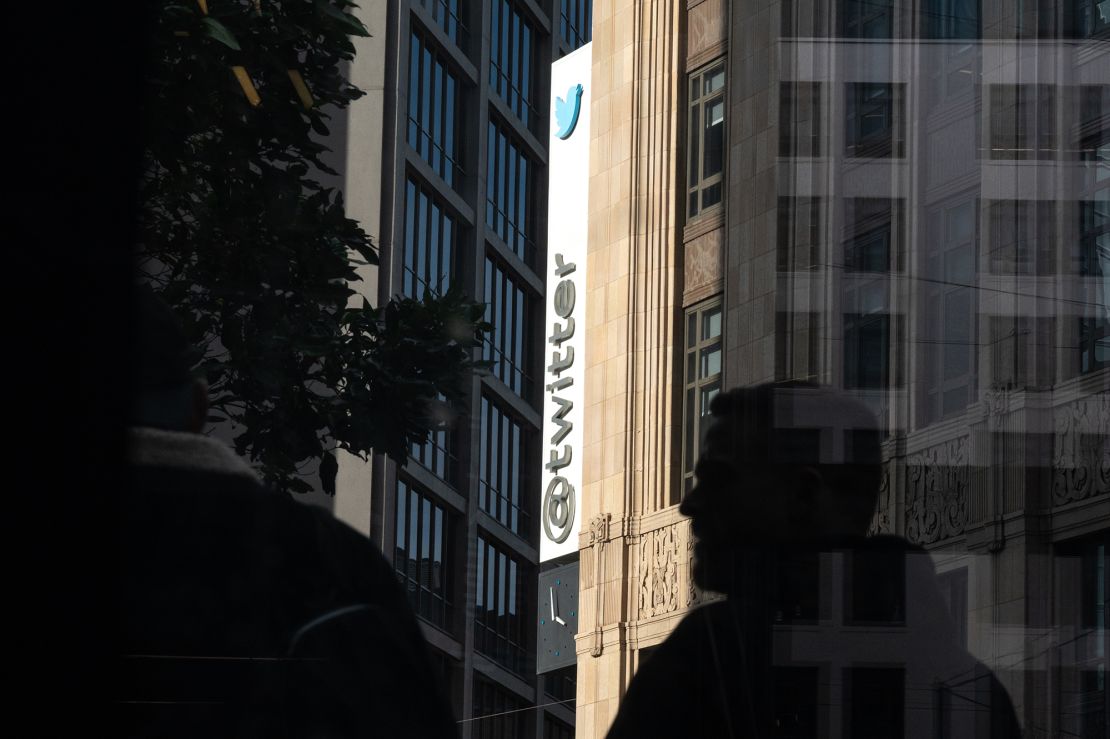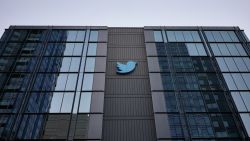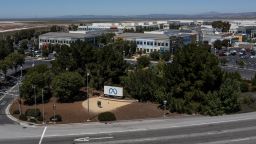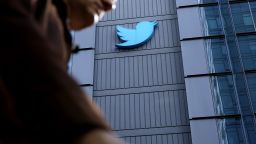In the early months of the pandemic, Facebook only grew bigger and more central to our lives. With lockdowns spreading, countless people began shopping, socializing and working on Facebook and other online platforms. As CEO Mark Zuckerberg said in March 2020, usage was so high that the company was “just trying to keep the lights on.”
Against that backdrop, Zuckerberg’s company went on a remarkable hiring spree. Facebook, which later rebranded as Meta, went from 48,268 staffers in March 2020 to more than 87,000 as of September of this year. In other words, it hired another Facebook’s worth of staff. And it looked like the company would only keep hiring to support its ambitious plans to build a future version of the internet called the metaverse.
On Wednesday, however, Zuckerberg reversed course and laid off more than 11,000 employees, marking the most significant cuts in the company’s history. In a memo to staff, Zuckerberg coughed up some of the hardest words in the English language. “I got this wrong,” he wrote, “and I take responsibility for that.”
“At the start of Covid, the world rapidly moved online and the surge of e-commerce led to outsized revenue growth,” Zuckerberg wrote. “Many people predicted this would be a permanent acceleration that would continue even after the pandemic ended. I did too, so I made the decision to significantly increase our investments. Unfortunately, this did not play out the way I expected.”

Silicon Valley operates on many myths, but one of them is the idea of the founder as a visionary who can see key trends coming years if not decades out. But Zuckerberg is one of a growing list of prominent tech leaders who are cutting costs and issuing mea culpas after failing to anticipate a whiplash in the market between 2020 and 2022.
The tech industry, already seemingly invincible in early 2020, only grew more dominant during the pandemic while other parts of the economy were upended. Consumers shifted spending online. The Federal Reserve maintained near-zero interest rates at the time, giving tech companies easier access to capital. And private and public market valuations for tech companies only seemed to go higher.
As the world reopened, however, many consumers have returned to their offline lives. Meanwhile, high inflation and fears of a looming recession have cut into consumer and advertiser spending, disrupting the core businesses of many of the biggest names in tech, after years of rapid growth.
Now the industry is cutting thousands of jobs.
Last month, home fitness company Peleton — which had been embraced by investors during the pandemic — underwent its fourth round of layoffs in 2022. Last week, payment-processing giant Stripe said it was eliminating 14% of its staff. And Twitter recently announced widespread job cuts after its new owner Elon Musk bought the company for $44 billion, funded in part by debt financing.
While Musk was largely silent regarding the mass layoffs, Twitter co-founder Jack Dorsey, who ran the company until late 2021, said in a contrite thread that he takes responsibility for the situation. “I grew the company size too quickly. I apologize for that,” Dorsey wrote.

Patrick Collison, CEO of Stripe, one of the most valuable startups in the world, similarly told employees that leadership takes responsibility for the pandemic-era miscalculations that resulted in people losing their livelihoods.
“For those of you leaving: we’re very sorry to be taking this step and John and I are fully responsible for the decisions leading up to it,” Collison wrote. “We were much too optimistic about the internet economy’s near-term growth in 2022 and 2023 and underestimated both the likelihood and impact of a broader slowdown.”
Other big tech companies, including Amazon, Apple and Google, are now pausing or slowing hiring amid recession fears after a wave of expansion. Amazon, in particular, had seen breakneck growth during the pandemic, doubling its fulfillment centers in a two-year-period, only to shift earlier this year to focusing on “cost efficiencies.”
The e-commerce giant is now freezing corporate hiring “for the next few months” and reportedly looking to cut costs in some of its unprofitable units. Amazon spokesperson Brad Glasser said senior leadership regularly reviews investment outlook and financial performance, adding, “As part of this year’s review, we’re of course taking into account the current macro-environment and considering opportunities to optimize costs.”
“Nobody is immune”
While there have been layoffs in Silicon Valley over the years, the latest wave of cost cuts appears to be hitting every corner of the industry, including the engineers and coders who were often considered untouchable. The tech bubble may not have burst, but the bubble on top of the bubble certainly has.
Zuckerberg said Meta’s layoffs would be spread throughout the company, including impacting both its family of apps and the Reality Labs division that is tasked with helping build the metaverse. He noted that some teams — such as recruiting — will be affected more than others.
With Musk at the helm, Twitter slashed half its staff, including on its ethical AI, marketing and communication, search and public policy teams.
Roger Lee, a startup founder based in San Francisco, has been closely tracking layoffs in the tech industry since the onset of the pandemic via his website Layoffs.fyi. Initially, his goal was to informally keep track of staffing reductions to help look for potential candidates to recruit for his own company, a digital 401(k) provider for small businesses. Eventually, laid-off workers began submitting their own data and compiling spreadsheets for his website to attract the attention of recruiters.
“I did not, unfortunately, anticipate the extent to which the layoffs were going to surge,” Lee told CNN Business. With nearly two months still left to go, he said the number of tech employees laid off in 2022 has already surpassed 100,000 based on his data.
Lee said some of the biggest trends he’s been seeing recently are major job losses across recruiting, human resources, and sales teams. While “engineers are still in better shape relative to the other roles,” Lee said his data indicate even these positions have suffered cuts in recent months.
“No one knows how long this current period is going to last,” he said.
Already, there’s been a clear shift in the industry’s mood. Blind, a popular online forum that lets employees at major companies commune anonymously to share interview tips and brag about compensation packages, has emerged as a sobering forum where people are posting about layoffs rather then their jobs.
Some laid-off workers are also banding together on social media and crowdsourcing spreadsheets for recruiters. These workers have created documents featuring hundreds of names and LinkedIn profiles (as well as visa statuses) of former Twitter and Meta workers.
While some companies may be better equipped to weather the storm than others, it’s becoming apparent that no company is completely unaffected, said Nikolai Roussanov, a professor of finance at the Wharton School of the University of Pennsylvania.
“Tech has been clobbered so much precisely because it has been seen as very immune to fluctuations in the real economy, but in the end, nobody is immune,” Roussanov said. “And that realization, I think, is important and perhaps what contributed to these sky-high valuations coming down pretty quickly.”
Meta’s market cap has fallen from a peak of more than $1 trillion last year to less than $300 billion. Amazon, meanwhile, has seen its market cap drop by $1 trillion from a peak last summer.
Roussanov said current fears of a recession are not unwarranted, but in many ways, “there is a little bit of a self-fulfilling nature to this.” He added: “As these fears become more and more widespread, they slow down people’s consumption, they slow down firm investment, and that kind of snowballs on itself.”
What’s going on in tech right now is “perhaps a taste of what’s yet to come” elsewhere, Roussanov said.

























